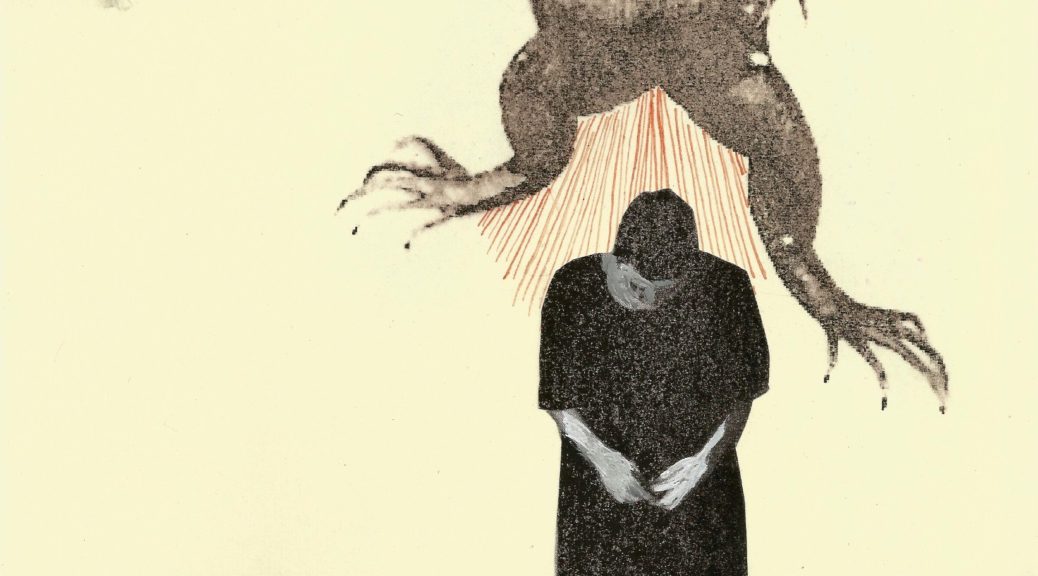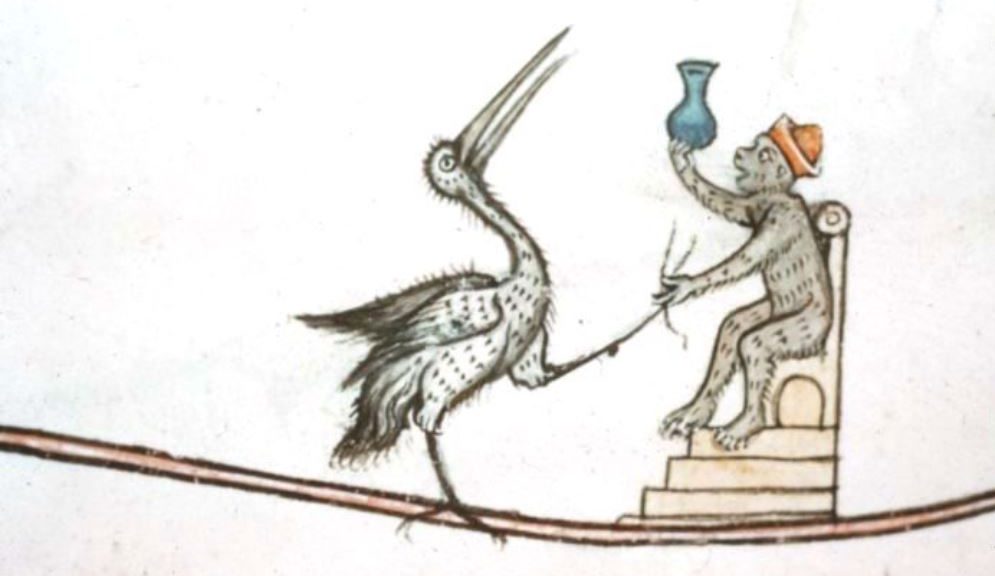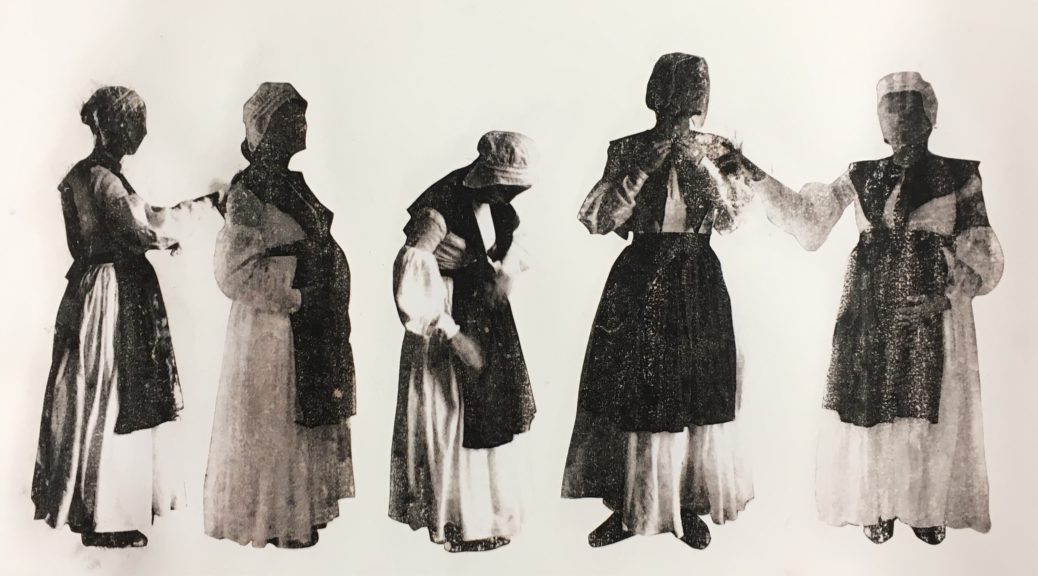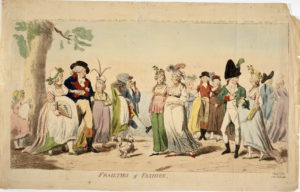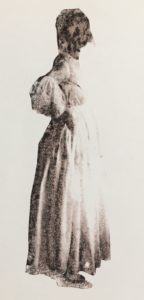The Conceiving Histories project opens its doors to Being Human Festival goers. Our exhibition [8th November-13th December] will be on throughout the week of the festival and we are also hosting a ‘Behind the Exhibition’ talk at which you can hear about some curious cases of un-pregnancy from the past.
22nd November 6-8pm. Keynes Library. 43 Gordon Square, London. WC1H 0PD. See on a map.
Free. Booking required.
Exhibition
Peltz Ga llery. Birkbeck School of Arts. 8th November – 13th December 2017.
llery. Birkbeck School of Arts. 8th November – 13th December 2017.
Gallery opening times: Monday-Friday 10am-8pm, Saturday 10am-5pm. Closed on Sundays. Free entry. See gallery location on a map.
How can something that doesn’t happen have a history? How can there be a material trace of un-pregnancy in the archive? This exhibition explores this paradox, finding and reimagining a material history of pregnancy feigned, imagined, hidden and difficult to diagnose. Whilst reproductive medicine is at the front of scientific modernity, biomedical technology has no jurisdiction over the experiences of waiting, unknowing and disappointment.
Conceiving Histories is a collaboration between literary historian, Isabel Davis, and visual artist, Anna Burel, producing creative and fictional reworkings of the archival materials of un-pregnancy. This exhibition re-materialises the past, giving structure and shape to things that have been left to us in text. The artworks explore the search for knowledge about a reproductive body which is as opaque as history: resistant, mediated and contested. They reflect on the signs of pregnancy in, from and on the body, and on messages and messengers, divine or earthly. Empty uterine spaces are imagined here displaced from the corporeal frame, labelled and dated, filled with strange visions. Swollen and flat structures, pads and envelopes, hollow and filled, contrast the fantasies of or desire for pregnancy with the reality of the un-pregnant body.
Behind the Exhibition
Come and hear about the making of the work and some of the research behind it. This event will be exploring the curious material history of un-pregnancy, that is of pregnancies feigned, imagined, hidden and difficult to diagnose, and how this history can be re-imagined and materialised to think about conception and fertility today.
In particular, we will be further exploring the case of Mary Tudor and her two false pregnancies and twentieth-century frog pregnancy testing.
There will be a wine reception and a chance to visit the exhibition.

